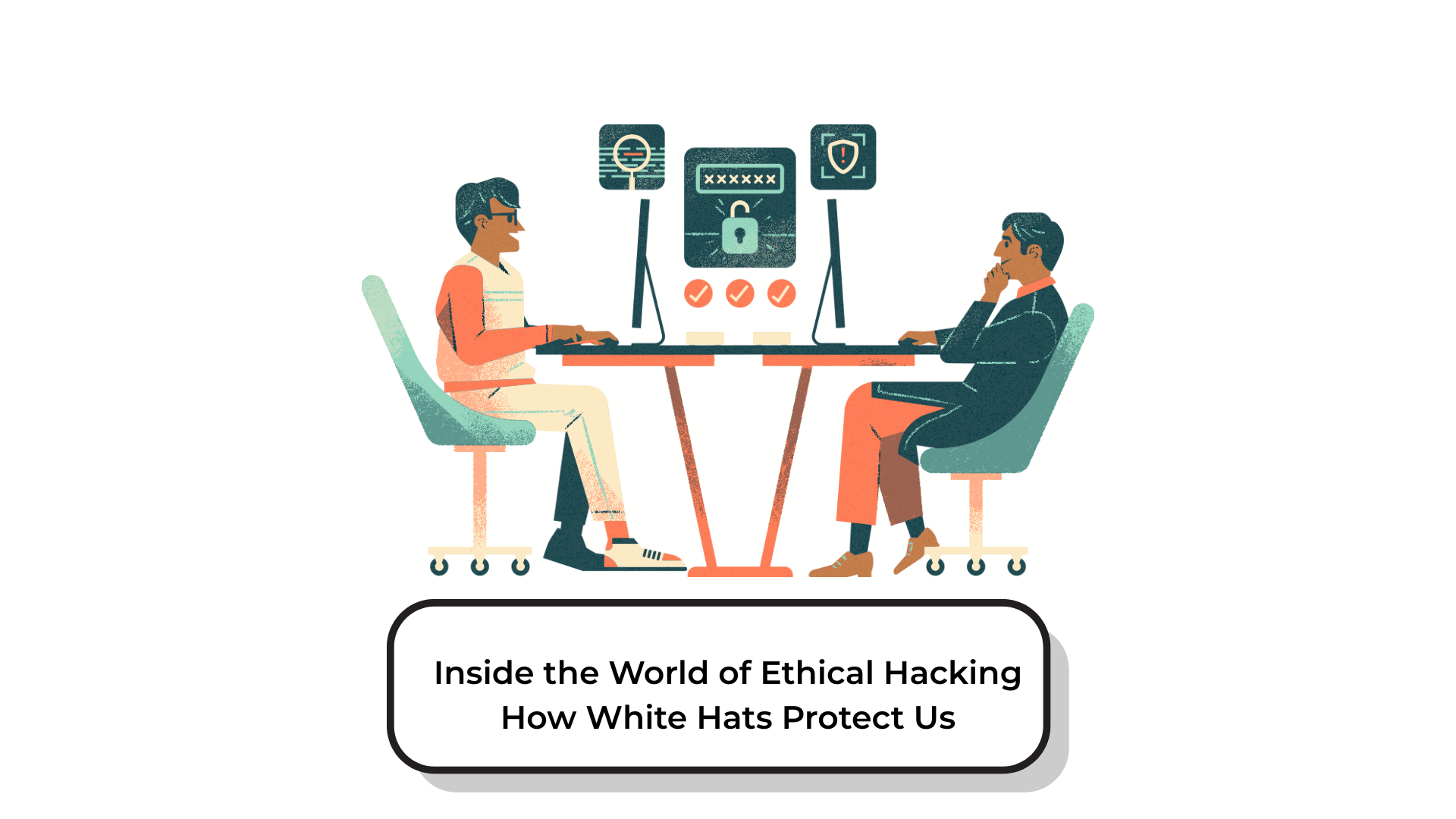In a digital era where cyberattacks grow more sophisticated by the day, ethical hackers — also known as white hat hackers — stand as silent guardians of our digital world. Unlike malicious hackers who exploit vulnerabilities, ethical hackers use their skills to identify and fix weaknesses before the bad guys strike. But who are these digital defenders, and how do they work?
What is Ethical Hacking?
Ethical hacking intentionally probes systems, networks, or applications for vulnerabilities — but with permission. The goal? To discover flaws that could be exploited by malicious attackers and help organizations fix them. It’s a crucial component of modern cybersecurity.
White hat hackers simulate real cyberattacks to test an organization’s defenses. They often work with companies under a legal agreement, known as a penetration or “pen test,” to assess security readiness.
The Role of a White Hat Hacker
White hat hackers may:
- Conduct vulnerability assessments
- Perform penetration testing
- Monitor for suspicious activity
- Assist in incident response
- Educate employees on cybersecurity best practices
Many are certified professionals with credentials like CEH (Certified Ethical Hacker) or OSCP (Offensive Security Certified Professional). They combine technical expertise with ethical responsibility.
Why Ethical Hacking is Essential
Data breaches cost companies millions and can ruin reputations. Ethical hackers help prevent:
- Identity theft
- Financial fraud
- Intellectual property theft
- Service disruptions
Even a minor vulnerability can have massive consequences in banking, healthcare, and government industries. Ethical hackers are the proactive defense, detecting weaknesses before attackers can exploit them.
Famous Cases Where White Hats Saved the Day
- Tesla once rewarded ethical hackers for identifying security flaws in their Model S software.
- Facebook’s Bug Bounty Program pays white hats to report bugs — one hacker even made a six-figure income from it.
- Google runs similar programs, offering up to $150,000 for major Android flaws.
Becoming an Ethical Hacker
Interested in joining the ranks of white hats? Start by:
- Learning programming languages like Python, C, or JavaScript
- Understanding networking and operating systems
- Practicing in legal environments like Hack The Box or TryHackMe
- Earning cybersecurity certifications
It’s not just about hacking skills — ethics and responsibility are non-negotiable.
Final Thoughts
Ethical hackers are our behind-the-scenes heroes in a digital world teeming with threats. They don’t wear capes — but they do wear hoodies and wield keyboards to protect us from unseen dangers. Their work is critical in keeping the internet a safer place for everyone.

